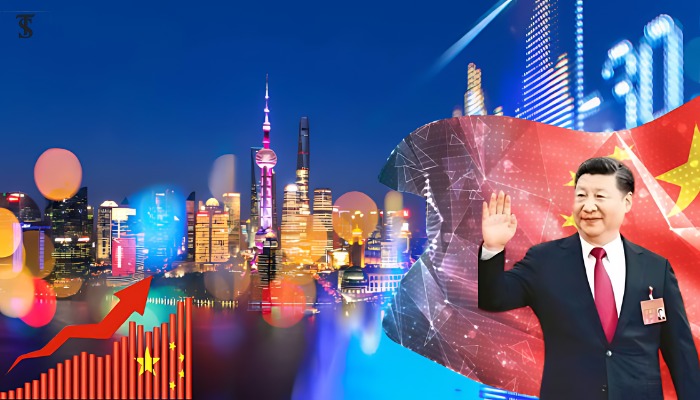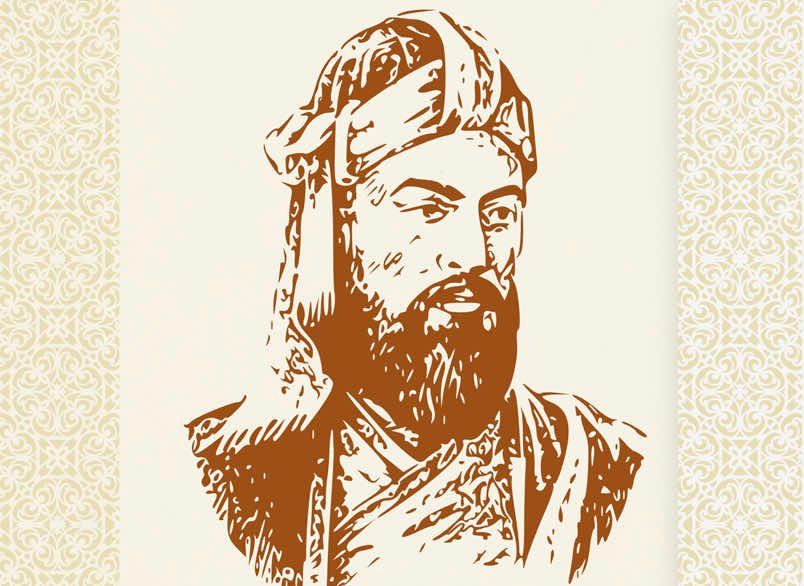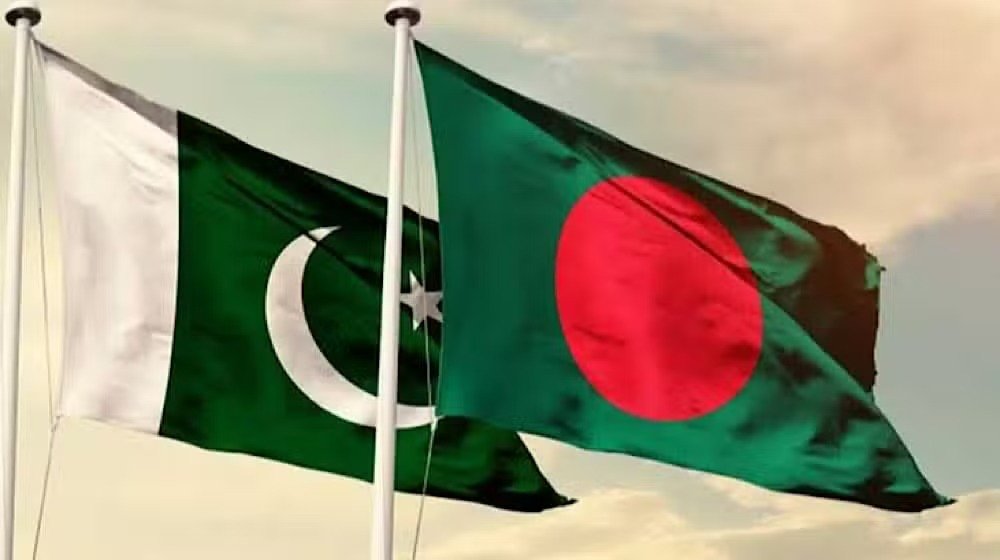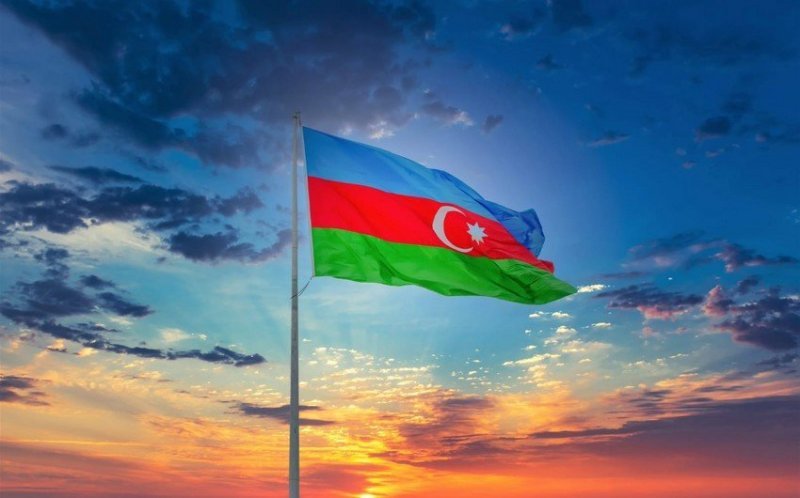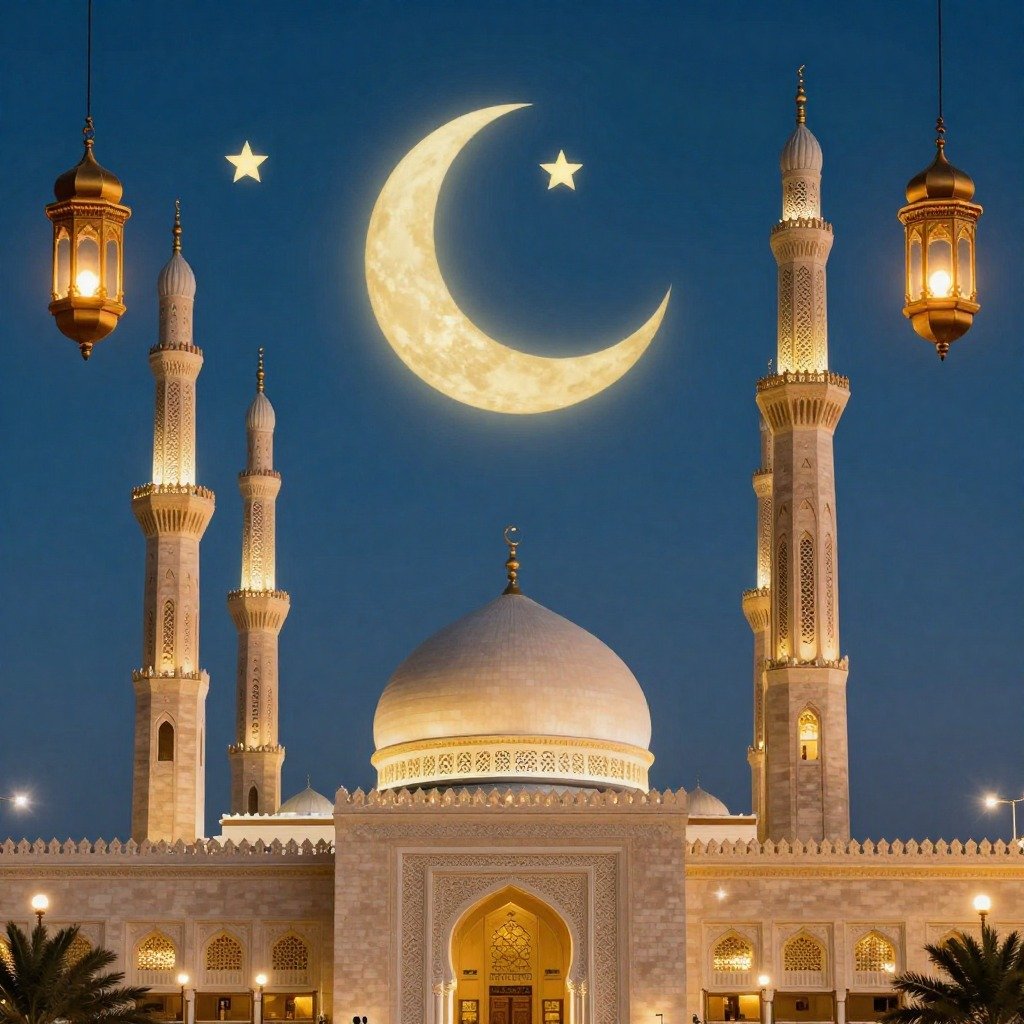China has witnessed an extraordinary rise in global admiration, built upon the dynamic synergy of its domestic achievements and a proactive international engagement. As the world becomes increasingly interconnected and also very turbulent, many are now looking toward China not only as a vital engine of global growth but also as a model of cultural vitality, policy stability, and visionary leadership. From the resonance of its ancient civilization to the innovations of its modern economy, China’s rise is not only transforming itself but also reshaping global narratives and direction for a more inclusive, balanced, and cooperative system.
For years, the world saw China through the lens of mystique, shrouded in stereotypes, but today, a dramatic transformation is unfolding as more countries benefit from China’s investments, cultural exports, and policy initiatives, while travelers from 47 nations enjoy visa-free entry and 55 others benefit from China’s 240-hour transit visa policy, creating spontaneous cultural exchanges that transcend language barriers and help build bridges between China and the wider world.
This upward trend in global favorability is not incidental but is deeply rooted in China’s enduring economic stability and purposeful development policies, even amid the global rise of protectionism, and China remains focused on doing the right thing, demonstrated through its unyielding commitment to high-quality development and high-level opening-up, also evident by a 5.4% GDP growth in Q1 and a 2.5% year-on-year increase in foreign trade over the first five months of 2025, a rhythm that remains steady and indicative of a confident, resilient economic model that prioritizes long-term planning. With 23 free trade agreements involving 30 countries and zero-tariff treatment now extended to all 53 African nations with diplomatic ties, China’s buildup of economic friendships continues to expand under the Belt and Road Initiative (BRI), providing countries with infrastructure, access, and hope, and signaling that China’s rise is not about isolation but about shared prosperity, which is why China’s path to modernization is seen as an opportunity to progress together.
What further elevates China’s favorability is its unwavering sense of responsibility on the international stage while some nations escalate tensions and retreat into exclusive blocs, China’s diplomacy embraces inclusion, seen clearly in the contrast between the antagonism of the G7 summits and the 100-plus cooperation outcomes from the second China-Central Asia Summit, where regional countries reaffirmed their collective pursuit of modernization, multilateralism, and fairness, guided by China’s Global Development Initiative (GDI), Global Security Initiative (GSI), and Global Civilization Initiative (GCI), all of which reflect China’s commitment to building a more balanced and harmonious global order. From facilitating Iran-Saudi reconciliation to advancing climate goals through the Paris Agreement, China has become synonymous with diplomatic pragmatism and constructive engagement.
Institutional Openness and Economic Inclusivity
Beyond culture and diplomacy, China’s practical steps toward institutional openness have also cemented its global standing. In 2024, it lifted restrictions on foreign investment in manufacturing and expanded access in telecommunications, education, culture, and healthcare. It is actively aligning with international trade frameworks such as the Comprehensive and Progressive Agreement for Trans-Pacific Partnership (CPTPP) and the Digital Economy Partnership Agreement (DEPA). Such openness is yielding results. According to an HSBC survey, China remains the top target market for increased business reliance among over 5,700 transnational firms. With a transparent and predictable investment environment, China is positioning itself as the world’s innovation oasis, a rare blend of opportunity, security, and predictability in uncertain times.
China’s global leadership is about finding common ground and sharing growth retreats against the global powers policies of protectionism, raising tariffs, and disrupting global trade rules.
China’s role in BRICS cooperation, RCEP implementation, and regional diplomacy underscores a belief in multilateralism as a cornerstone of global peace and prosperity. Innovation, another pillar of China’s modern identity, adds to its charm as a nation driven by futuristic vision. With a strategic focus on cultivating “new quality productive forces,” China is not only fueling its own development but also inspiring admiration through groundbreaking achievements in artificial intelligence, green technology, and digital economy sectors, and it also has rich cultural expression. This powerful combination of economic reliability, cultural vibrancy, and diplomatic responsibility converges to form an international image of China as a builder of peace, a contributor to development, and a defender of fairness, evidenced by China’s sustained contribution to global economic growth (around 30%), its support for infrastructure and industrialization in Africa and Southeast Asia, and its refusal to attach political conditions to its assistance, an approach that distinguishes Chinese engagement from traditional donor-recipient dynamics and reflects the belief that development should be mutual, respectful, and empowering.
Ultimately, China’s rising global admiration is an outcome of decades of disciplined planning, peaceful development, honest cooperation, and cultural confidence, expressed through thousands of connections, from freight trains and free trade zones to digital platforms and cultural festivals, from peace talks to AI breakthroughs, all rooted in the philosophy of building a community with a shared future for mankind, a concept not imposed but embraced because it speaks to a universal longing for peace, dignity, and prosperity. It is also about the resilience of a people, the vision of a leadership, and the authenticity of a civilization that adapts without losing its soul.
In a world searching for stability, equity, and meaning, China offers a partner willing to walk the long road together, not seeking to dominate the future but to co-create it, reminding us all that global admiration is not demanded, it is earned, patiently and persistently, by those who strive to do the right thing and stay open to the world.

Executive Director, Pakistan Research Center for a Community with Shared Future (PRCCSF).
